The four-day workweek: Focus on the journey and not the destination

Before implementing a four-day workweek, organisations need to better understand their workforce needs and what employees want.
The weekend begins on Friday for Grayling Singapore employees

The introduction of a 4.5-day workweek is aimed at making employees more refreshed and fulfilled to meet the demands of their work, says the PR firm.
Providing more supportive workplaces for working mothers

Policies that support working women and their families, such as paid maternity leave and lactation rooms, reduce absenteeism and improve retention.
Employees spending less time in the office, with lesser overtime

The number of hours in the average workday spent by the average employee has dropped with no compromise in productivity levels in the past year.
Australia rolls out family violence leave for all employees

Small organisations’ employees now have the access to the same rights as employees working for large or medium organisations.
Productive and happier, employees on four-day workweek declare
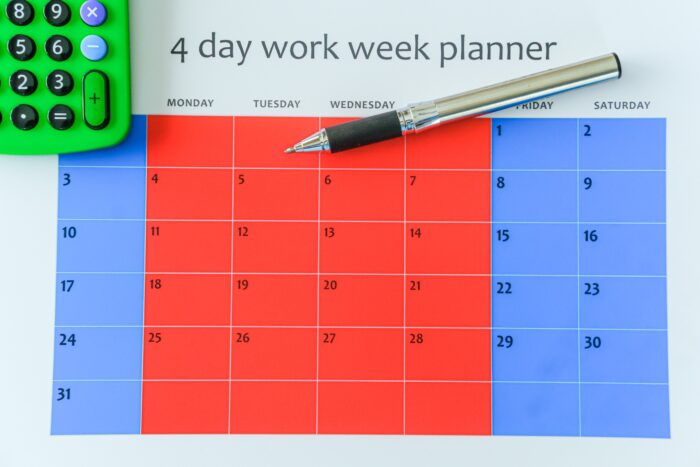
Organisations taking part in a four-day workweek trial have seen employees working less hours, without any compromise to their productivity.
One in two employees in Hong Kong expect post-retirement work

Changing demographics and rising living costs make it difficult for older adults to contemplate retirement, raising the age profile of the workforce.
Employees in South Korea enjoy little free time beyond work

Despite a general shift towards a better work-life balance, employees in South Korea find themselves working longer hours than in other countries.
How to build a future-growth and resilient organisation
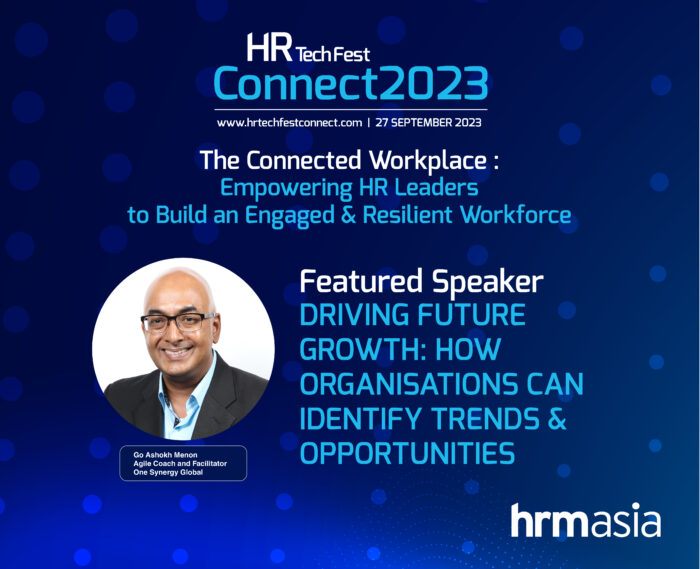
Organisations can drive future growth by identifying trends and opportunities, says HR Tech Fest Connect 2023 speaker Go Ashokh Menon.
Workplace productivity dips in Australia due to sleeping disorders

Sleep disorders can negatively affect employees’ productivity by up to 40%, which amounts to around four weeks of work time.
Bridging the talent gap with globally distributed teams

Barbara Matthews, Chief People Officer, Remote, highlights why hiring globally can help companies build a thriving and engaged workforce.
More employees in Singapore working unpaid hours
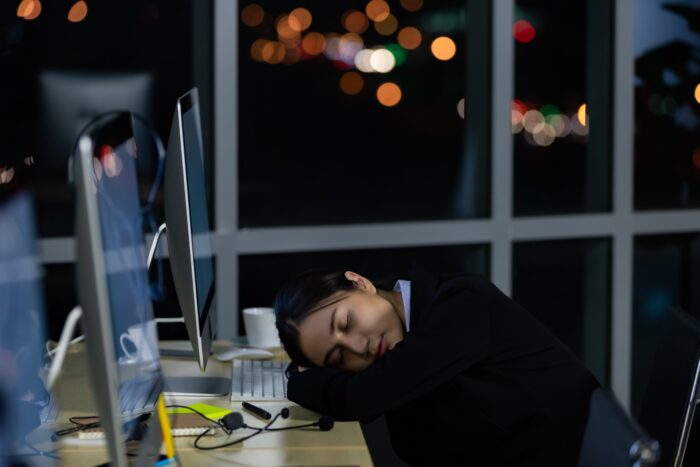
In the Asia-Pacific region, Singapore ranks high on the number of unpaid hours, leading to an unhealthy work-life balance for employees.
Improving mental health through mindfulness practice
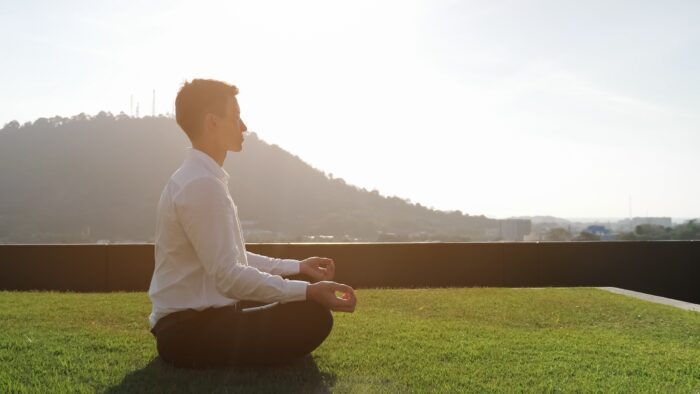
Employees who take part in mindfulness exercises are less likely to experience anxiety and depression symptoms compared to those who do not.
Employers in Australia and New Zealand embrace four-day workweek
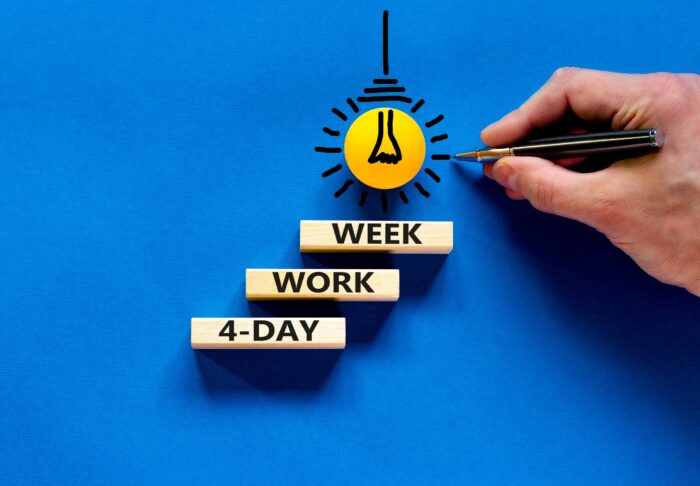
Successful trials in Australia and New Zealand have demonstrated benefits to health, lifestyle, and work behaviour, said a RMIT professor.
Losing concentration? Time to take a break… for five minutes

A new study by the University of Sydney has shown that a five-minute break may be all it takes to get employees recharged for peak performance.
More employees in Australia ditching lunch breaks

Workplace demands and financial constraints are causing office employees in Australia to neglect their lunch breaks.
Driving digital transformation with empathetic leadership
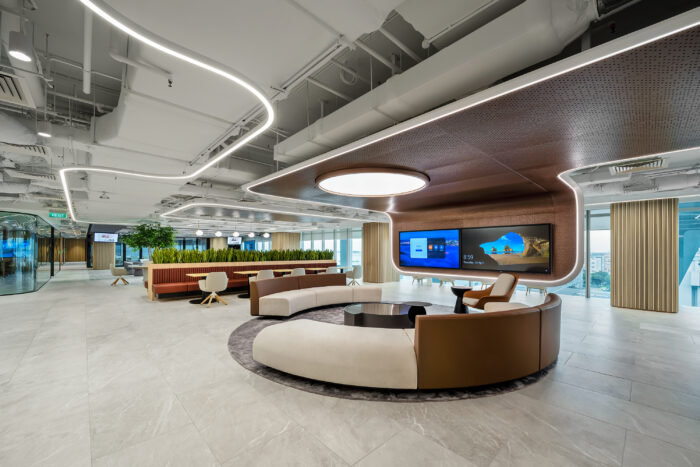
Andy Sim, Vice President and Managing Director, Singapore, Dell Technologies, highlights the key role leaders play in driving organisational change.
Driving successful employee engagement in a hybrid world
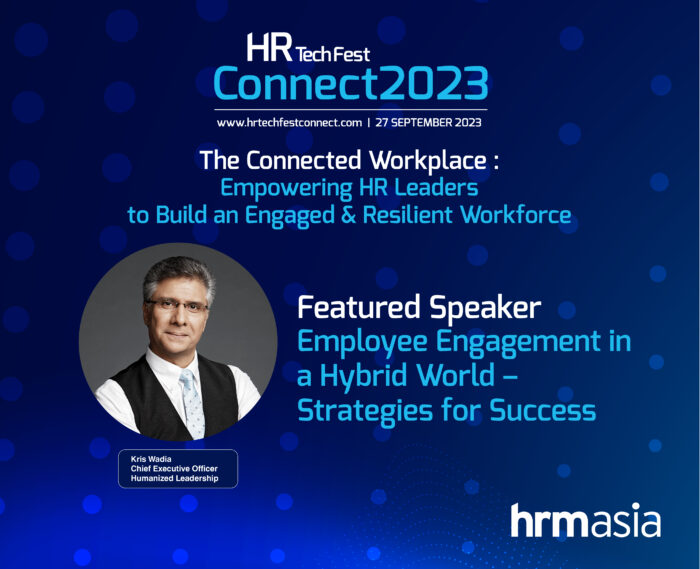
Kris Wadia, CEO of Humanized Leadership, will be at HR Tech Fest Connect 2023 to discuss key people strategies organisations can deploy for hybrid work.
Mismanagement of employees is causing disengagement at work

Besides looking to leave their employer, actively disengaged employees can also sabotage efforts to attract new talent.
Navigating today’s workplace: Prioritising employee well-being

Expedia’s annual vacation deprivation report unveiled that 70% of Singapore employees felt more burnt out than they did in previous years.
More NTT employees to be allowed to work remotely
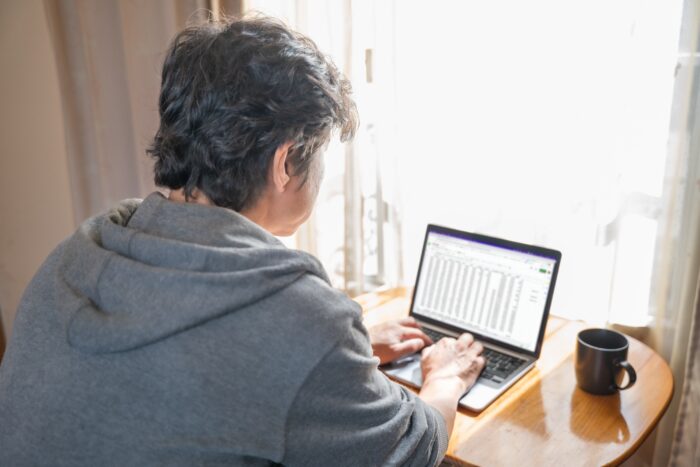
The expansion of a remote work programme that started in July 2022 will help to attract and retain the best talent, says NTT.
Prioritise mental health for a stronger workforce, employers in Malaysia told

To boost productivity and business results, employers must prioritise their employees’ mental wellbeing, says a NGO in Malaysia.
More young fathers in Japan are prioritising family over work

As family dynamics in Japan shift, more male employees are seeking to reduce their work hours to be involved in housework and childcare.
A thriving workplace culture starts with total wellbeing for all employees
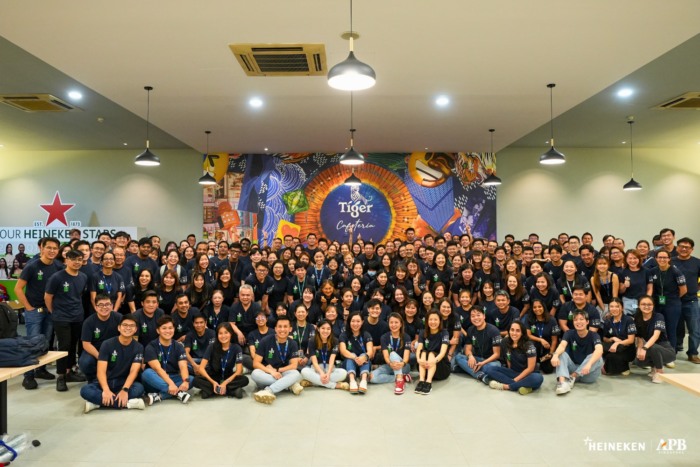
Speaking with HRM Asia, Asia Pacific Breweries Singapore’s Shaun Ee shares strategies on how organisations can cultivate employee wellbeing.
Why organisations should not dismiss Gen Zs’ desire for remote work

Employee priorities are shifting, so organisations must prioritise productivity, flexibility, and employee engagement, says Remote’s Chris McNamara.
Samsung Electronics offers four-day workweek option for some employees

The move is in line with the multinational electronics corporation’s effort to improve work-life balance and provide more flexibility for employees.
AI interactions may have detrimental effects on employee wellbeing

While AI is continuing to reshape the workplace, organisations need to do more to regulate how employees interact with AI systems.
Finding a sense of belonging when relocating for work

Geoffrey Cohen, Stanford Professor, offers practical tips to help relocating employees make a successful transition to a new environment.
The five pillars driving Mattel’s employee wellbeing strategy

Keith Saucier, VP Health and Wellbeing of Mattel, shares how the toy manufacturer is tending to employees’ holistic health post-pandemic.
Crisis? What crisis? Building resilience to navigate life’s challenges

When thrust into a crisis, things may not be as bad as they seem, if you know how to find serenity among the chaos, writes Martin Laschkolnig.

